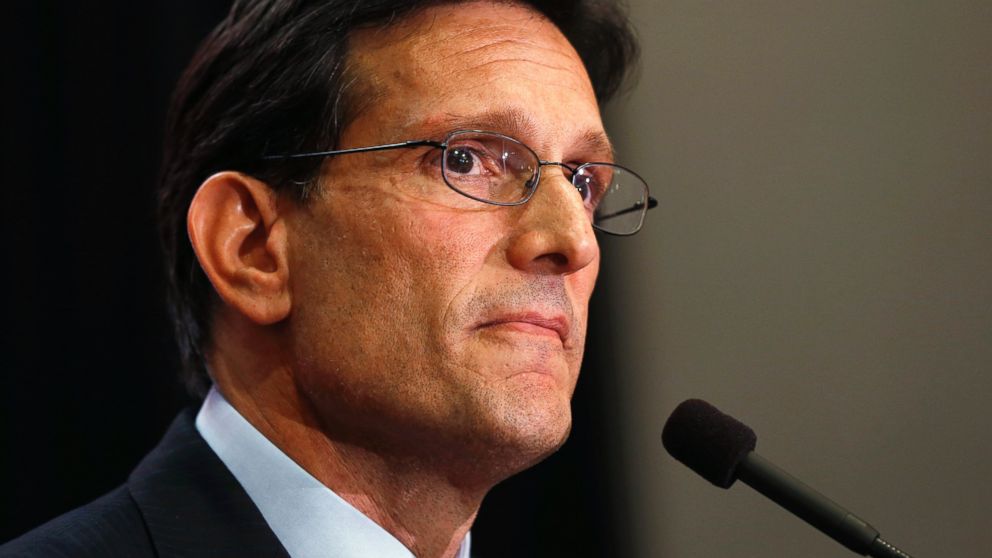Reflections on a Political Sea Change
Eric Cantor could easily regroup and re-emerge onto the scene.

June 18, 2014 -- Last week’s primary loss by House Majority Leader Eric Cantor is the sort of politically seismic event that serves as a “where were you” historical moment for an entire generation of legislators, consultants and journalists. While a number of theories have been offered as to what caused Cantor’s loss, from the Tea Party to population shifts, the end result is still the same: as of November 2014, Eric Cantor will no longer be a Member of Congress.
While early statements from Republican Leadership focused primarily on their friendship with the now-vanquished Majority Leader, by morning it was clear that years of pent-up ambitions were being let loose. By the time Cantor announced his July departure from the Majority Leader suite, several campaigns were already afoot, with Kevin McCarthy unleashing an operation that some senior Hill aides later described as “shock and awe”.
Yet the shake up on the Hill also represented a long-awaited opportunity for the Tea Party and far right groups. The conservative “movement” had soured on Cantor over what they counted as a series of transgressions, from failing to support last year’s government shutdown, to floating the possibility of taking on immigration reform. For months, several prominent groups had rallied against leadership as a whole, enlisting thousands in the grassroots in the effort, while convening to plot strategy and coordinate message against their targets in the “establishment”.
However, when pressed for viable alternatives, movement groups never offered a solution.
While McCarthy was locking up votes out of the gate, conservatives urged lawmakers like Jim Jordan of Ohio and Jeb Hensarling of Texas to jump into the race for Majority Leader. Jordan quickly demurred, though offering some support for Hensarling. Paul Ryan was also pushed to consider a spot.
However, what supporters of Hensarling and Ryan both failed to understand was the seriousness with which both view their current tasks. Both started their career under the mentorship of a DC heavyweight from another generation, with Ryan learning from former Congressman and HHS Secretary Jack Kemp, and Hensarling being tutored from former Texas Senator and Senate Banking Committee Chairman Phil Gramm. Moreover, each man is in position to play a major role in the areas of policy they hold dear.
Ryan, long the GOP’s fiscal and budget guru, will likely oversee an effort at fundamental tax reform next year, as Chairman of the House Ways and Means Committee. As Chairman of the House Financial Services Committee, Hensarling has already shaken up the status quo on both K Street and Wall Street, with his committed free market leanings endangering longtime sacred cows in Washington like the import/export bank (full disclosure, the author was previously a staffer for Hensarling).
With that in mind, it came as little surprise that each passed on a bigger job – Ryan almost out of the gate and Hensarling after meeting with supporters and weighing the option, “prayerfully”.